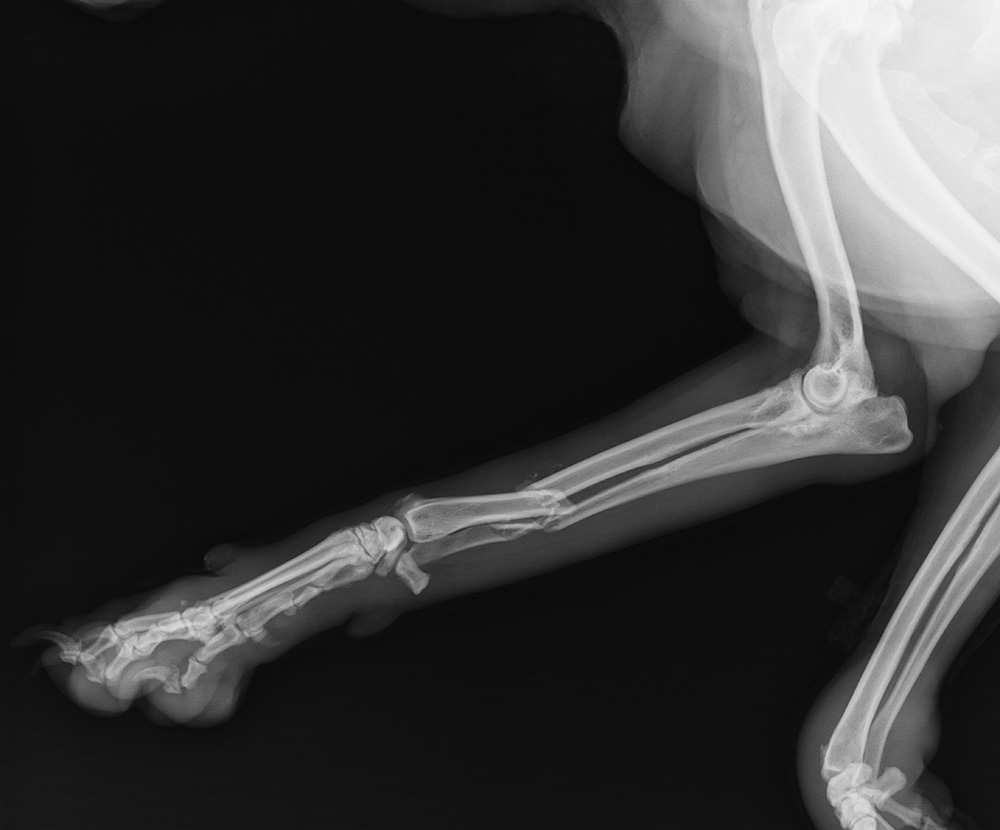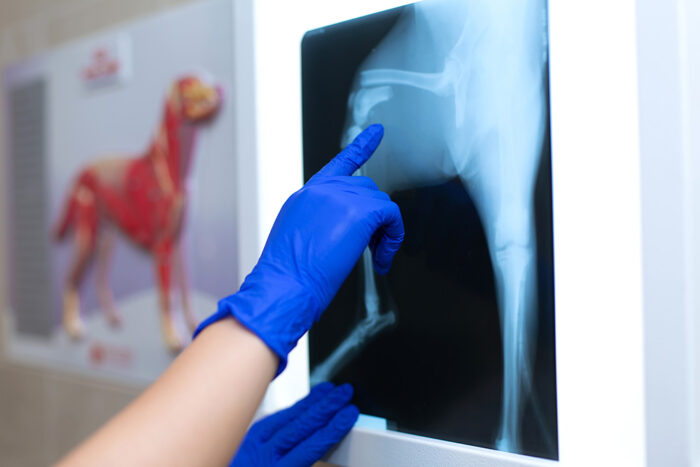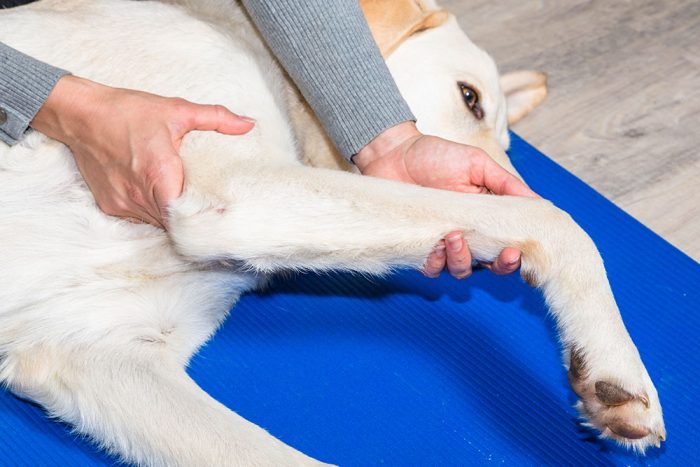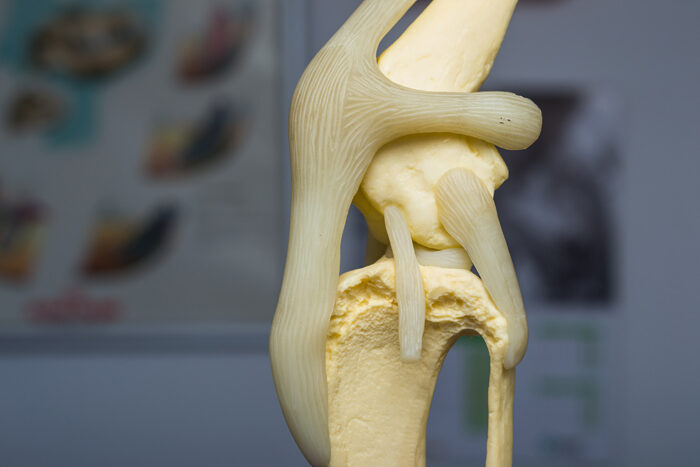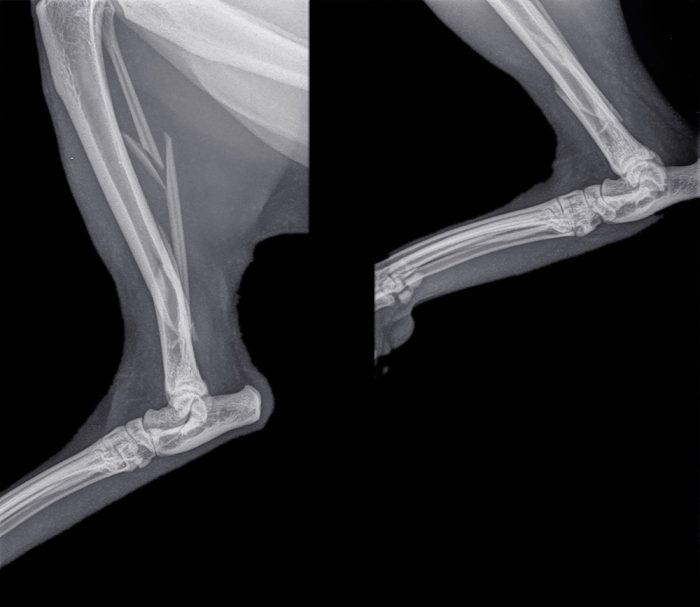Fracture repair is challenging, but when performed successfully it can result in both rapid patient recovery and be tremendously rewarding for surgeons. To be successful each fracture requires careful assessment, a plan developed and repair performed whilst minimising trauma to biology. Unfortunately, if knowledge of anatomy and biomechanics or planning is poor, or surgery not performed as intended, then fracture repair can go wrong.
This learning series, with Ross Allan, seeks to be a ‘first step’ for clinicians who have an interest in, or wish to develop their skills for orthopaedics, especially within a general practice setting.
It provides a good understanding of the key factors that are important to assess when presented with a fracture, and in doing so identify fractures likely to be good ‘first steps’ for surgeons keen to develop their knowledge and skills.
£65.00 + VAT (Non-Member price)
0 +VAT (Member price)
Find out more about our Membership plansUnlimited Access
Subscribe now for unlimited access to all Central CPD On-Demand Content
Subscribe Now-
Description
Topics covered include:
- Basic principles of fracture repair: bones and biology
- Pins and Wires: application and fracture types
- Don't screw it up: types, scenarios and placement
- Bone plates: types, pros and cons and choice
- Reflecting on your fracture repair - what went well, what could be better?
-
In association with...


Related courses
Forelimb and Hindlimb Fracture Repair
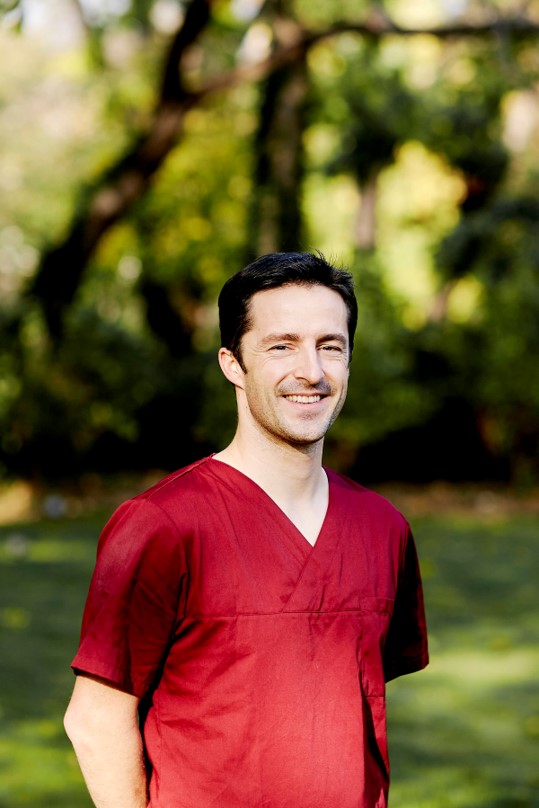
TPLO Surgery
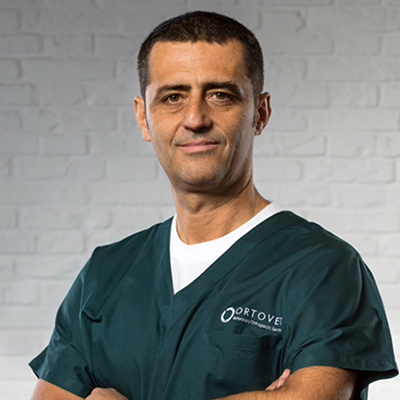

Canine Developmental Orthopaedic Disease
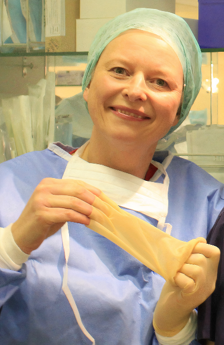
A Practical Introduction to Orthopaedics

Cranial Closing Wedge Osteotomy (CCWO)

Making a Real Difference to Osteoarthritis Cases - New Perspectives on an "Old" Disease

Osteoarthritis: An Update for Effective Management

Tibial Tuberosity Advancement Using Xgen (forkless) Plate

Moving On With Orthopaedics


